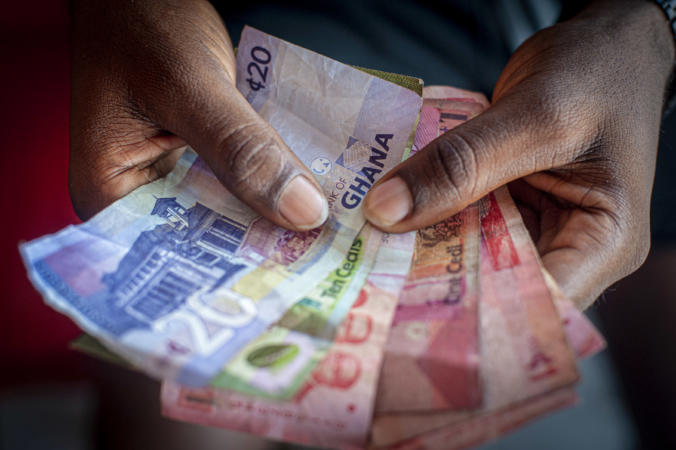Ghana has just announced that it’s launching a new digital currency called the e-cedi. But this isn’t like your typical cryptocurrency — this is actually something quite different.
According to Dr. Ernest Addison, the governor of the country’s central bank, the new proposed digital currency will go into effect after three pilot stages confirm it to be a positive thing to introduce into the local economy.
“The Bank of Ghana was one of the first African Central Banks to declare that we were working on a digital currency looking at the concept of an e-cedi,” Dr. Addison said at a news conference in Accra.
Currently, the e-cedi has completed the first phase of the process where the design has been made and finalized by a centralized committee. Right now, the digital currency is in a limited implementation phase, meaning that some online transactions will accept the digital currency if it’s applied to the payment.
Dr. Addision said that the Central Bank of Ghana will then determine, based on the implementation phase, whether it’s feasible to release the digital currency on a broader scale.
“From that pilot, we will be able to determine whether this is feasible and what sort of things need to be tweaked to make it work effectively,” he said.
This move makes the e-cedi the first digital currency of its kind in Africa.
Dr. Addision believes that this digital currency move is a way to move consumers away from decentralized cryptocurrency (such as Bitcoin) and toward a digital currency that is much more secure and centralized (thus giving its users more protections).
In other news, South Africa is currently in its research and development phase for its own digital currency, according to Face2Face Africa. China, meanwhile, also has its own digital currency in place called the digital yuan, which has been in play for quite some time now.

















